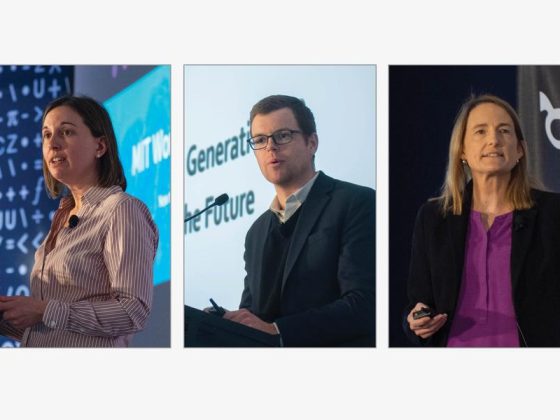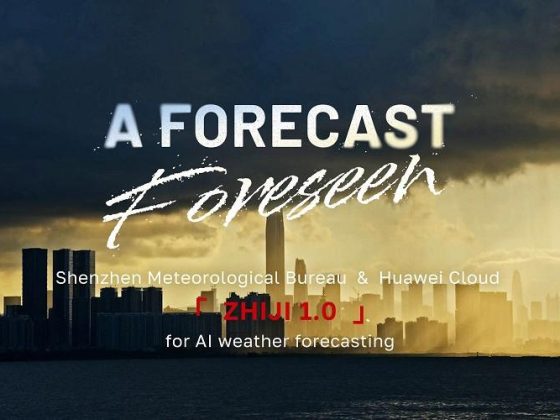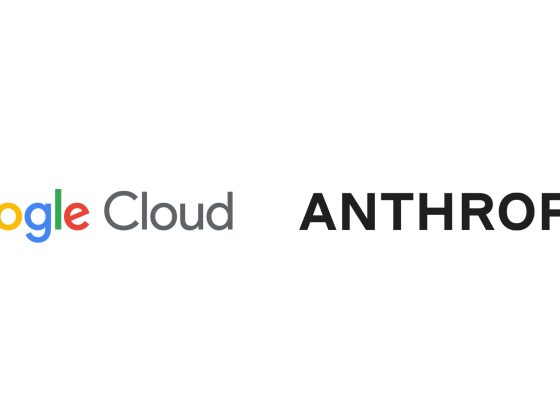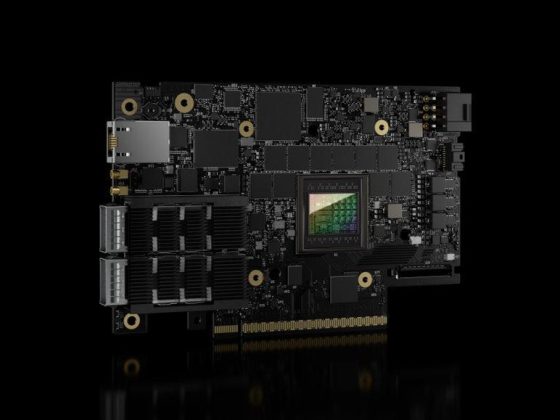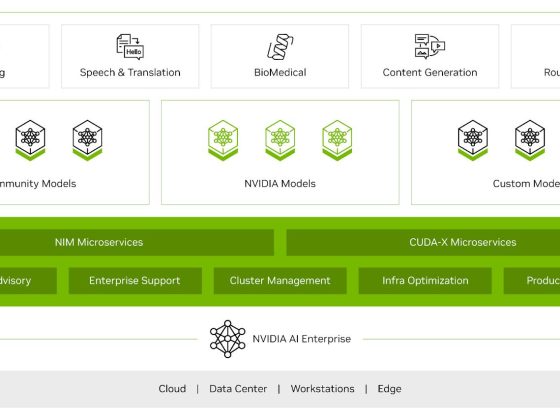From predicting floods to improving waste management, organizations and researchers across Asia Pacific are using technology to respond to the impact of climate change.
Supporting this important work is a priority for Google.org. At today’s Southeast Asia Development Symposium, we announced a $6 million Sustainability Seed Fund to help organizations dedicated to addressing some of the region’s most difficult sustainability challenges. We look forward to sharing more in the coming weeks, including how nonprofits can apply.
From our partners:
The new fund builds on the support Google.org has already provided — through grants, technology and Googlers’ time — for sustainability-focused organizations and researchers across Asia-Pacific over recent years. I recently had the chance to talk to one of those existing grantees, Professor Hamish McGowan from the University of Queensland in Australia, who received $1 million in Google.org support in 2021. Professor McGowan and his team are working on a world-first hazard detection system for bushfires. It’s a powerful example of technology’s potential to protect communities in the short term and inform planning over the long term. It’s also part of Google’s Digital Future Initiative to propel Australian innovation and help Australians solve pressing problems.
Here’s what I learned from our conversation.
We know that bushfires have been a persistent issue in Australia. Could you give us a sense of the environmental challenges you’re seeing and how big this issue is?
Tackling bushfires is a nationwide issue. The Australian landscape has always been subject to fire, including what we may term nowadays as catastrophic fires. For example, many of Australia’s plants have evolved to require fire to germinate.
However, as the climate has changed in response to both natural and anthropogenic causes — and as urban areas expand into bushland — fire incidence has increased and arguably the scale and intensity of fires have too. One of the great challenges is managing and mitigating risk from bushfires in response to climate and land-use change and pollution pressures.
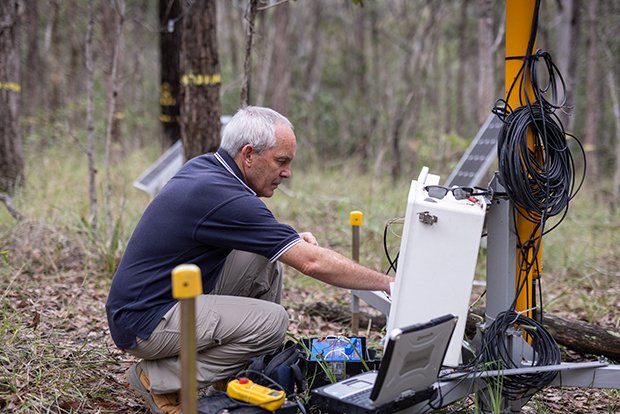
Could you share more about the solution you and your team have created to address the bushfires?
Over the past few years, my graduate students and I have developed a mobile weather radar capability with the support of generous industry organizations, including Google. Initially, the radar was used to study severe thunderstorms in southeast Queensland. We then tested the radar’s ability to observe bushfires and their interactions with the atmosphere. With the assistance of the radar’s manufacturer, Furuno Electric Co from Japan, we have now developed the capability to use the radar to identify and monitor meteorological hazards associated with severe bushfires — such as extreme winds, vortices, or burning embers. We are now developing this capacity further by applying artificial intelligence (AI) to near-real-time analysis of the radar data — so we can produce nowcasts of bushfire-related hazards.
I’m glad that through Google.org, we’ve been able to support the University of Queensland along the way. What do you hope to achieve with the new solution?
Our work ultimately aims to provide increased accuracy in forecasting bushfire movements and alerting community members and emergency responders before they spread. The $1 million grant from Google.org will enable our researchers to work on a new capability to identify and forewarn people in locations up to 30 kilometers downwind from the fire front that may come under attack from embers – sometimes in areas previously perceived as safe. Right now, we’re in the process of preparing for our first season of data collection using the mobile radar and have appointed new staff to the project.
From your perspective, how important are partnerships and support from governments, businesses, and communities in developing technology solutions?
Extremely important! We’ve long worked closely with local governments and various other organizations in areas of research and development. There are plenty of opportunities for collaboration and it’s wonderful to hear that Google.org is launching a new fund to support this kind of work across Asia Pacific.
What do you aspire to achieve with this solution in the next 10 years?
We hope to have a new bushfire warning capability that can be applied globally to save lives, businesses, and the environment from the perils of extreme bushfires and their interactions with the atmosphere.
By Marija Ralic Google.org Lead, Asia Pacific
Source Google
For enquiries, product placements, sponsorships, and collaborations, connect with us at [email protected]. We'd love to hear from you!
Our humans need coffee too! Your support is highly appreciated, thank you!



